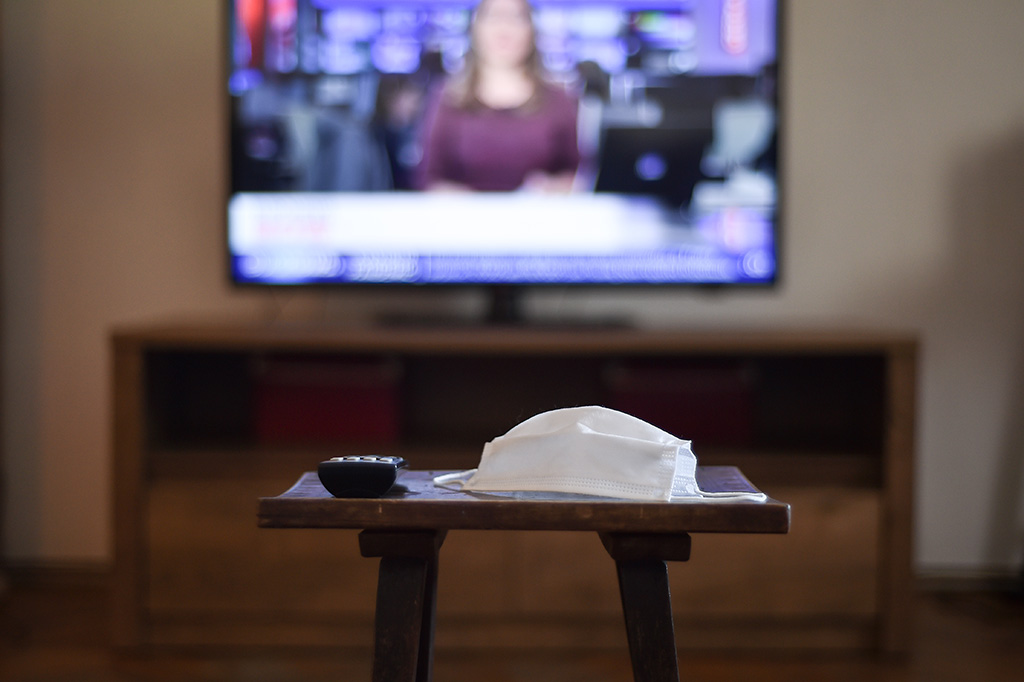


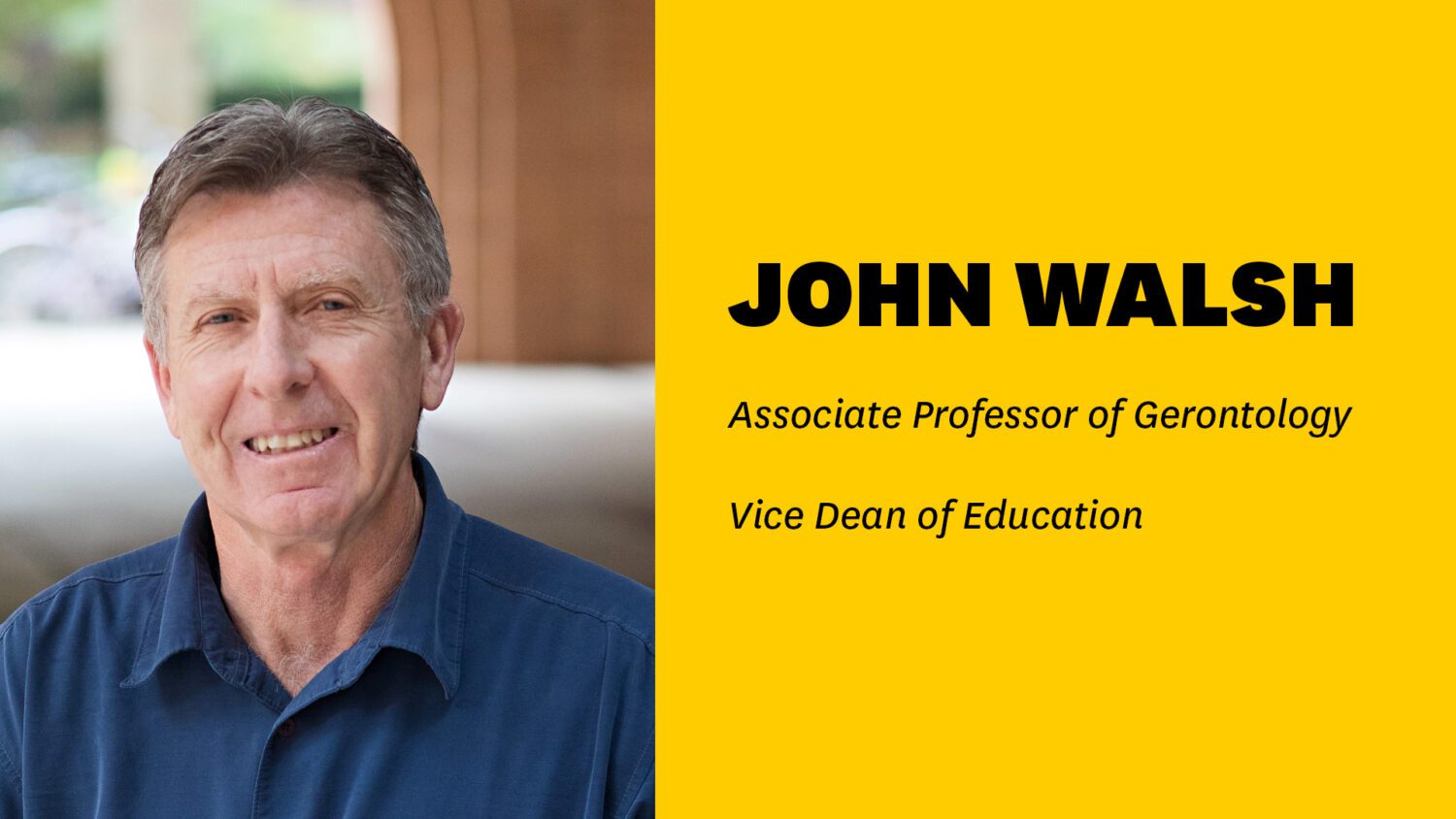
Professor John Walsh, vice dean of education at the USC Leonard Davis School joins Professor George Shannon, holder of the Kevin Xu Chair in Gerontology for a conversation on how teachers and students can make the most of online instruction and discuss how our life experiences can help us meet this challenging moment in time, both in the classroom and outside of it.
On isolation
Many students are feeling isolated right now and it’s obviously forced isolation and they just want to connect. The premed class I’m teaching right now, I have 50 students. And, and so here we are, two weeks into the semester and class ends at the hour 50-minute mark, and I’m having, 10 to 15 students stay afterward just to hang out and, talk about anything. And they just want to feel connected and, that’s a good thing because we got to help them through this.
On always learning
I always tell my students that I’ve never stopped being a student and that I always want to keep learning. And, so I will deliver a lecture, we’ll get centered on a topic and philosophically, I know from my reading and from looking at websites or watching videos about how what we’re discussing applies to furthering society or helping you in the workplace. But I love hearing the actual application from students where they’re down, boots on the ground, and they’ve experienced this. And they may even say,” those guideline or those principles are all good, however, in my experience… ” And, and then you put that in your back pocket… and then you use that in future lectures. I’m constantly learning and I tell the students,, I don’t know everything and I really want to learn from you.
On online classrooms:
Well, I think this is a game-changer. It was forced down our throats with a pandemic, but this is a game-changer. We, as a program have always been a leader at USC in terms of online education and we can’t stop being a leader. We just got to keep up on it. These platforms do offer a level of interactivity that we weren’t utilizing before.
On collaborative exams
I was just so amazed and so excited watching the active learning that went on during these collaborative exams. I know now that when we are back in session, // I’m going to be sitting there in the auditorium, I’m going to break people up into groups of six or seven, and they’re going to do the collaborative exam right there in the auditorium because it’s, I think it’s a really cool way to learn.
On his transition from elevator repairman to successful actor to USC professor
I was 55 years old. I didn’t have an undergraduate degree. So I spent two years in undergrad getting my undergraduate degree because I had hundreds of units where they were scattered all over in different things that I had touched upon. And then I went into the master’s program and did that in two years and was accepted into the PhD program. And so yeah, so that’s a long-winded way of saying there are, there are lots of things that you can do that come to an unexpectedly. I always say, if someone opens a door for you, don’t slam it in their face, go walk in and see what’s going on, because it might be an opportunity that can change your life in a very positive way as it did for me. I had four kids and a couple of wives and lots of bills and, and I survived all of that because I didn’t turn my back on something that I had never thought of before.
If something presents a change or a mode that you’re not expecting, it may be something that can lead you to something that’s even more exciting that gives your life more meaning. People ask me if I’m thinking about retiring and I’m astonished. Of course, I’m, first of all, astonished that I’m 80 years old, but secondly, I’m further astonished that anyone would think that I would ever consider retiring as long as I have my faculties about me and I’m able to perform. Because life is an endless performance as long as it lasts.
On online classes
in some ways, from my perspective, I like Zoom because I have on the screen the 40 or 50 students, so I may have in class and I can pick them out and ask them specific questions instead of being in the auditorium where they’re all trying to hide in the back of the room. And so I, I find there are some really some positives from this experience.
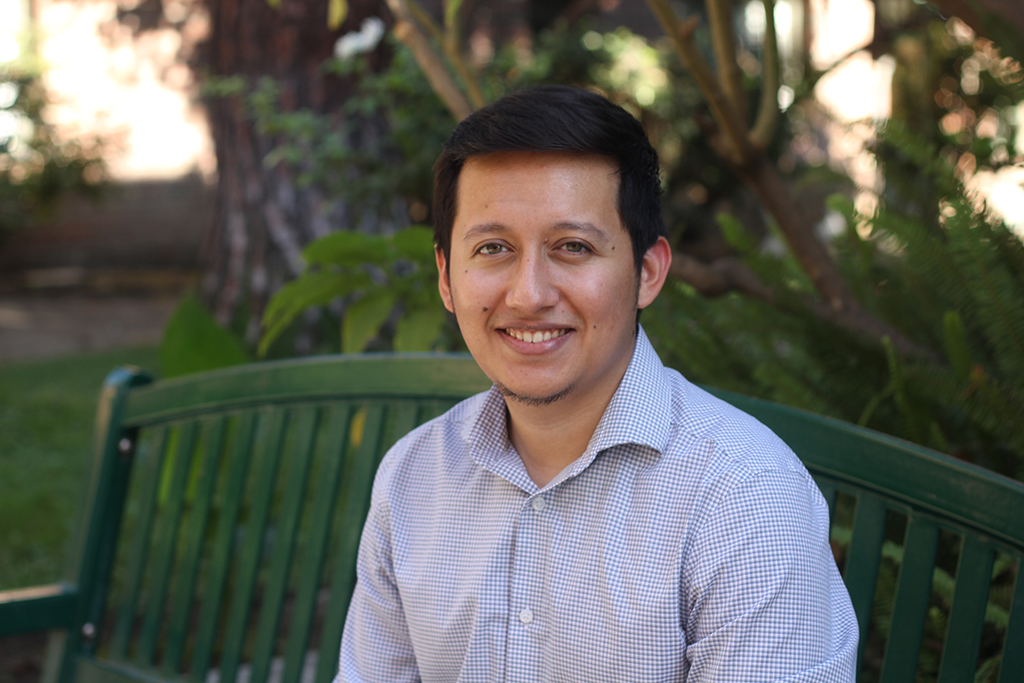
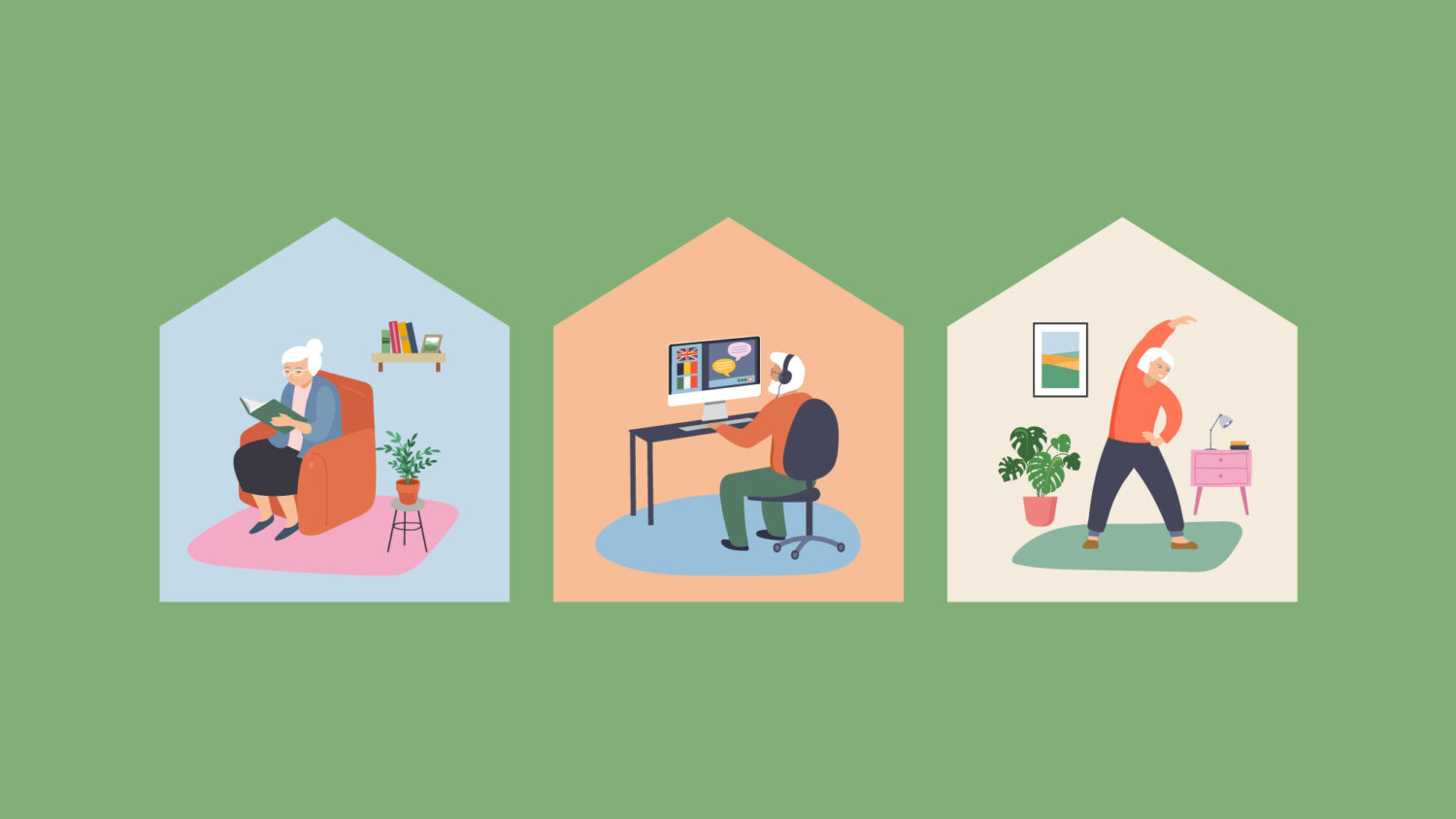
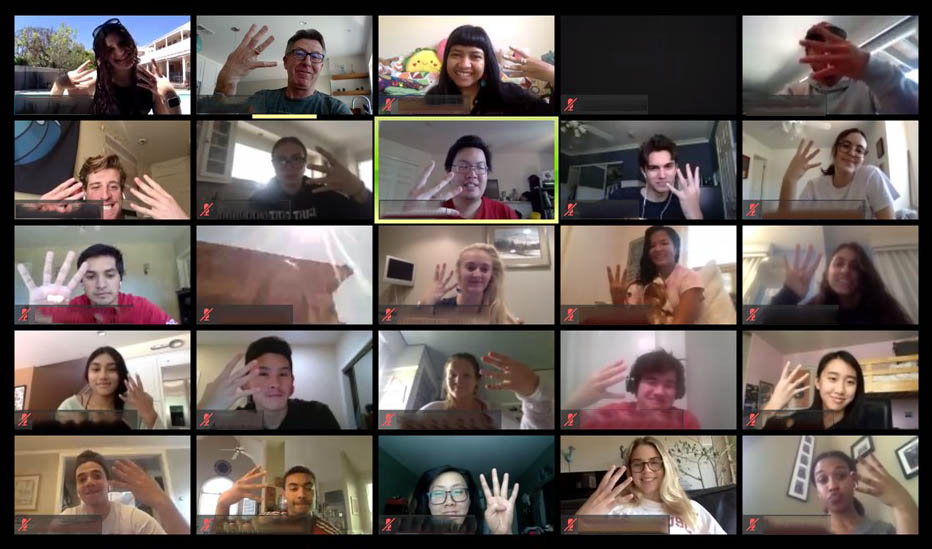
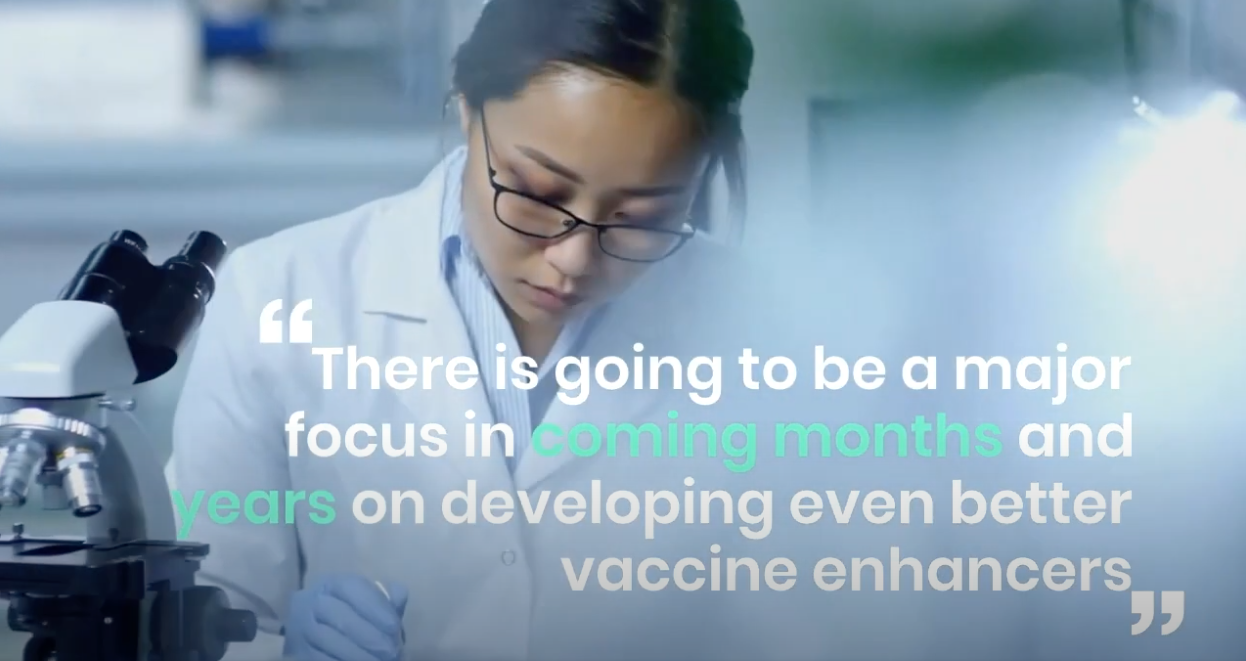
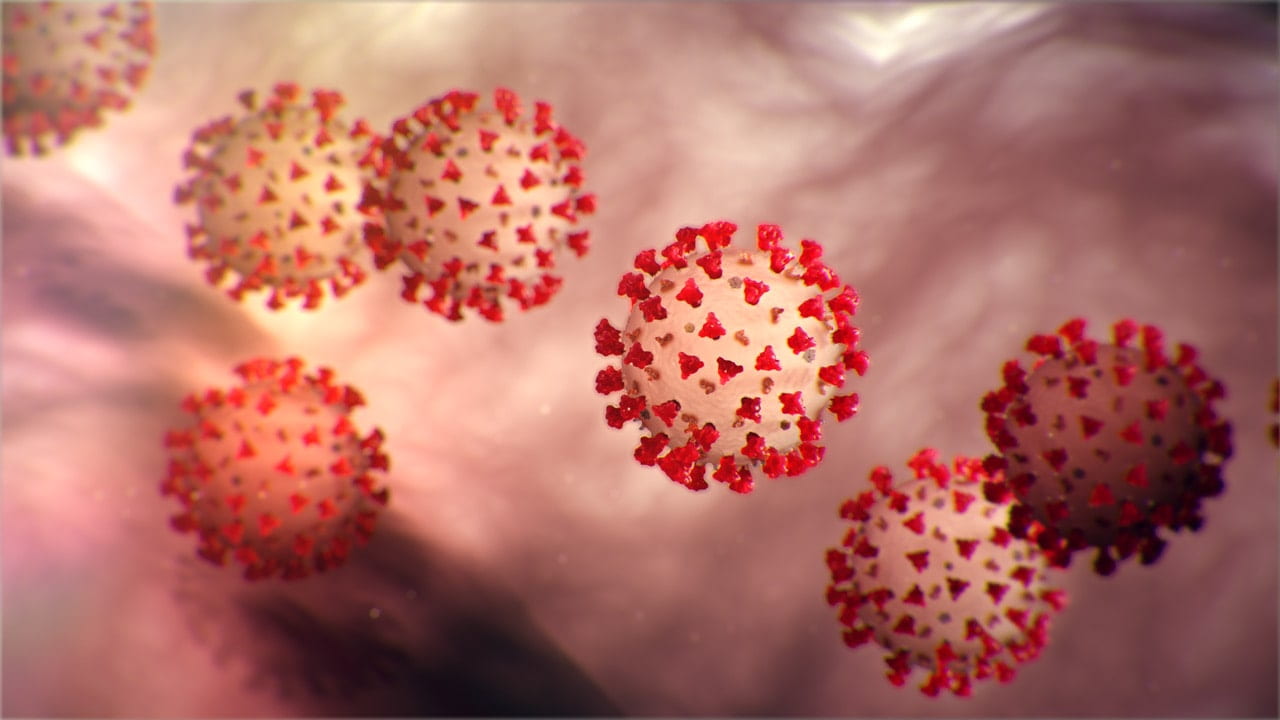
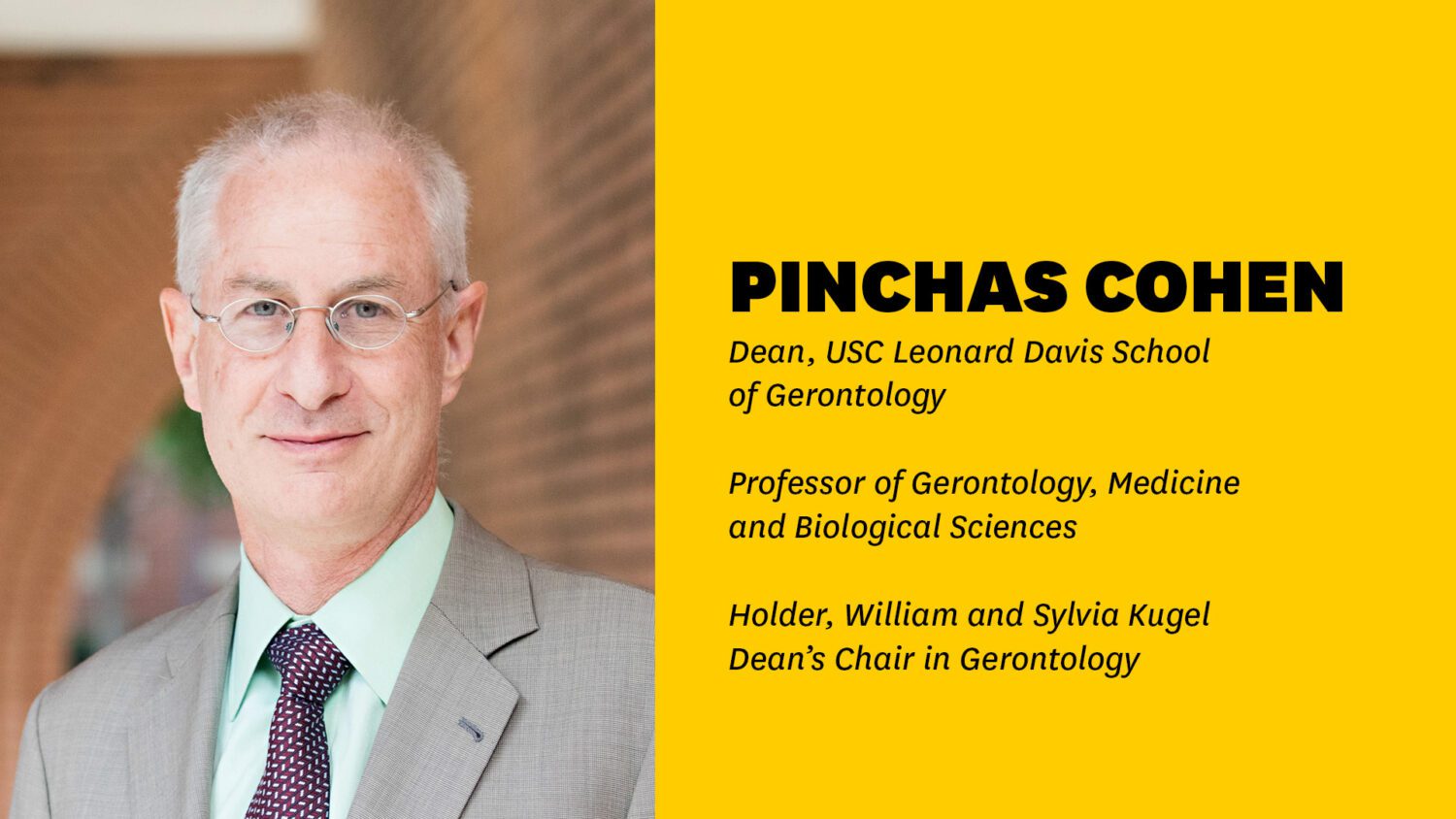
Pinchas Cohen, USC Leonard Davis School dean and a professor of gerontology, medicine and biological sciences, joins Chief Communications Officer Orli Belman in a conversation about COVID-19 risk factors and research directions, with a focus on how research focused on delaying aging processes hold promise for improving outcomes for older adults.
On the relationship between age and mortality rates
“Older adults are so much more dramatically affected by this terrible pandemic. While of course middle-aged people and young people are affected by this and their rate of infection can be very high, the mortality of younger people is very, very small, but rises dramatically as people age.”
On vaccine response rates and older adults
“We all know that vaccines are the number one goal for the biomedical industry right now, but some of you may or may not be familiar with the fact that vaccines are extremely efficient in young people, but among older adults, the response to vaccination is sometime very ineffective. For example, flu vaccine has a non-responsiveness rate that approaches 50% in older adults, which are of course the group that needs it the most.”
On the need to develop cytokine storm blockers
“When people look at what actually causes people to perish from COVID 19, it’s not so much the viral pneumonia that they suffer from, but rather something known as a cytokine storm that the body responds to the virus was this secretion of inflammatory cytokines like, something called interleukin six and TNF alpha and interferon, which the body then responds to with really shutting down of the lung and eventually death. So the development of blockers of this cytokine storm, are going to be critical. And that’s an area that geroscience has been leading for many years.”
On the importance of gerontology and geroscience research
“Post-COVID-19, I think that gerontology education will only become more important. Furthermore, research on the policy and social impact of the pandemic will be prioritized. Our leaders, our thinkers will continue to be at the forefront of that. Research into geroscience, particularly immunosenescence and inflammaging will be a major goal for the National Institutes of Health. Prevention of chronic disease, which has been really the biggest risk factor for older adults will return as a national priority.”
On how coronaviruses differ from influenza viruses
“Coronaviruses are quite different from influenza viruses. They’re biologically unique, very separate. Also, influenza viruses affect primarily the airways, while coronaviruses can attack various parts of the body, but they’re deadly when they end up attacking the lungs, which influenza does not. Influenza predisposes the lungs to bacterial infections, which could be lethal. But they’re quite distinct. That’s why there are limited lessons that we can learn from influenza when it comes to COVID 19. But we do have enough previous knowledge to allow us to deal with this crisis and for future crises.”
On the roles of age, genetic and underlying conditions
“Young people get infected just as easily as old people. The difference is that many young people have a completely asymptomatic course that they’re able to have the virus go through their system, develop antibodies, and never have any sign or symptom. The genetic determinants of who is going to get illness as opposed to who’s going to remain asymptomatic is something that we totally don’t understand. Obviously having poor health is important..but there’s also going to be genetic reasons why some people develop or don’t develop severe disease and then whether or not you’re going to survive, you know, be really sick and, and get better, whether you’re going to have a very, very bad outcome.”
On what matters most
“At a time of great global uncertainty, what matters most is clear now than ever before. Health matters, older adults matter, science and especially geroscience matter. I think that this is going to be a challenging year ahead of us, but together we will prevail.”

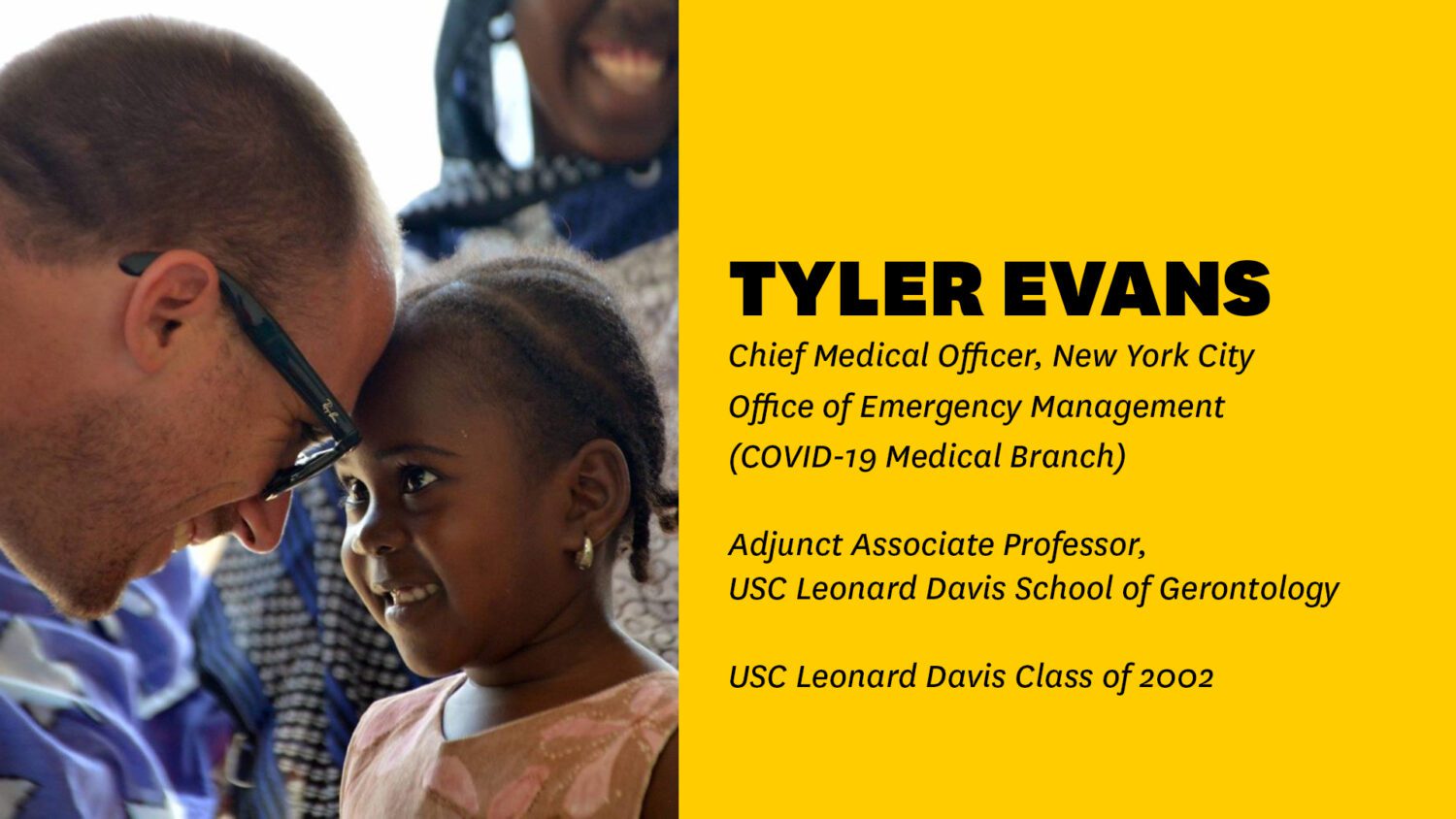
Throughout his career, Dr. Tyler Evans ‘02 has been on the front lines of major disease outbreaks around the globe. He was in South Africa at the height of the AIDS crisis and he treated Ebola patients in Sierra Leone. He just joined the New York City Emergency Management Department as the chief medical officer for the COVID-19 branch.
The USC Leonard Davis School “Impact Maker” joined Professor John Walsh to discuss the current pandemic, global health, and how students can best serve populations in need.
On how we were not prepared for COVID-19
“Folks in public health, especially in the communicable disease world, knew that the greatest sort of threat to society was not necessarily going to be war; it was going to be a microbial onslaught. And if the infrastructure is there, I’m not saying it’s not bad, but the risk is definitely mitigated. And we were not there. I mean, we’re getting better now. but we were not ready.”
On health disparities and vulnerabilities
“When we look at variability, even between states and certainly even within states and within cities, and when you look at the granularity, you’re going to see a lot of differences, and those differences, I think, really highlight the disparities that naturally exist throughout this country.”
“I’m sitting here in a tennis field hospital with incredibly sick people, but they all have what we refer to it as the social determinants of health. They all have a number of chronic comorbidities. They’re people that historically don’t have great access to healthcare. So there are a lot of factors involved that have led them to be more vulnerable for adverse consequences.”
“We can’t move forward in life being afraid to come outside. We can’t move forward in life being afraid to touch other people. I do think that the shelter-in-place measures were a good thing. I don’t think that we completely thought out all of the unintended consequences on the most vulnerable populations in the U.S. and abroad when it comes to food insecurity when it comes to other kinds of chronic diseases or access to care.”
On how we are all in this together
“I think, hopefully, it’ll kind of bring us all together; more solidarity across the world to better understand that we are really all in this together. Despite the fact that the term is a little cliché, I think that if people really listen to what that means, they will grasp onto it and really understand how we focus so much on differences, but the reality is we really are all potentially impacted by this.”
On how students can help and find meaning in their work
“There are a lot of opportunities to get involved, not just for COVID, but for the prevention or management of other diseases. You don’t have to be a physician. You can be a student. But you’ve to find ways where your contribution is not just meaningful to you. I’ve had a number of really meaningful and translatable, sort of transformational experiences throughout my own life, but we also have to ensure that we’re giving back to society when we’re doing these internships or whatnot. So finding something that might not be as glamorous but could truly be meaningful and helpful is good. You might be having to create a database or code, or help to develop infrastructure. A lot of the developments are not as sexy and cool and exciting as people think they are. But all of those parts ultimately end up leading to our ability to save lives. So finding your niche, finding something that you’re really good at, and doing it, and contributing is important.”
“For the students that are watching this, it’s so important that throughout your career, whether it’s in medicine or public health, or whatever field you decide, to just try to really do the right thing. Try to lead your career with your moral compass and ultimately try to impact populations that need it the most. And I assure you that ultimately your lives, both professionally and personally, will be very rich and meaningful.”
“So the world needs you guys to help populations that are in need, whether it’s now, or whether it’s building it, or whether it’s in acute management. Like I said, it’s not just healthcare systems, it’s economics… there’s so many intersections in our globalized world. And as long as folks really lead with their moral compass, I think they’ll have a very meaningful life.”